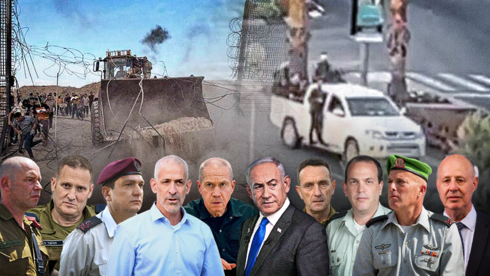Two years after the Hamas-led terrorist attack on Oct. 7 2023 that plunged Israel into war and left deep scars on the nation, 48 hostages remain in captivity in Gaza. As Israelis mark 732 days since that morning, a question still divides the country: who has taken responsibility for the failures that allowed the attack to happen — and who has not?
Over the past two years a series of senior military and intelligence officials have resigned or been dismissed. Some accepted blame for their part in the disaster while others maintained they had already planned to end their service.
6 View gallery
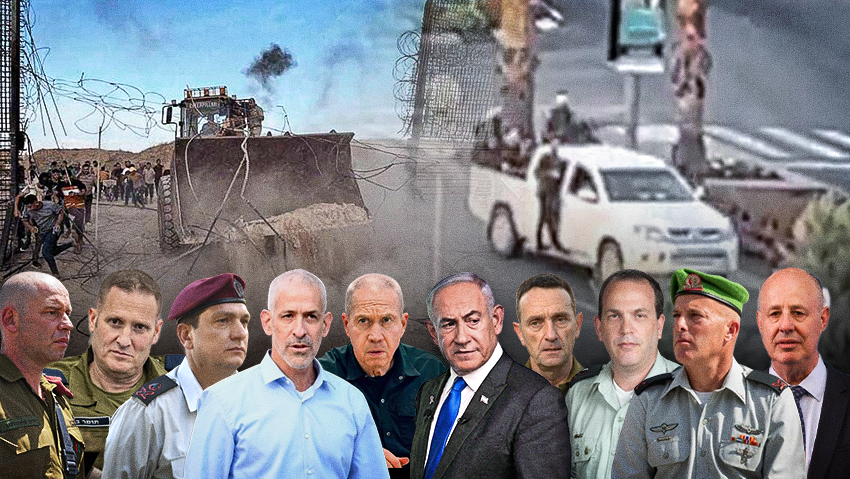

(Photo: IDF Spokesperson’s Unit, Yair Sagi, Defense Ministry, Abir Sultan/AFP)
At the same time key figures at the political level — notably Prime Minister Benjamin Netanyahu and National Security Adviser Tzachi Hanegbi — continue to hold their posts despite widespread public criticism.
In March 2025 Shin Bet Director Ronen Bar became the second senior official fired by Netanyahu since the war began, following the dismissal of Defense Minister Yoav Gallant the previous year. In both cases Netanyahu cited “a growing lack of trust.”
Bar’s dismissal came amid tensions between him and the prime minister and against the backdrop of the so-called Qatargate affair, in which leaks suggested disagreements over the handling of Qatari mediation. Netanyahu said he had “no confidence” in Bar, adding, “In a war for our very existence — a war on seven fronts — full trust is essential between the prime minister and the head of the Shin Bet.”
6 View gallery
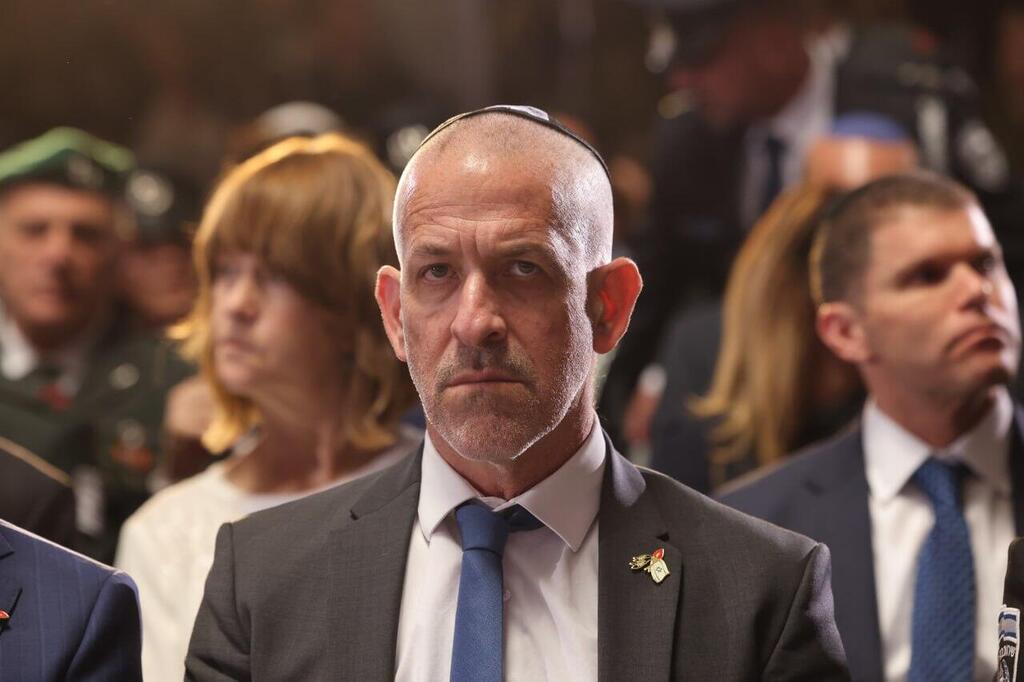

Bar responded that he had already intended to step down before his term ended and insisted his removal was unrelated to Oct. 7. He said Shin Bet investigations pointed to “years of deliberate political disregard for the agency’s warnings” and urged a full inquiry into government policy before the attack.
Netanyahu’s decision to fire Gallant in November 2024 marked the second time he had attempted to remove his defense minister since the war began. The prime minister said that “trust between the prime minister and the defense minister had eroded” and that “in wartime, full cooperation is vital.”
Gallant wrote after his dismissal that “the security of the State of Israel has been — and will always remain — my life’s mission.”
In January 2025 IDF Chief of Staff Lt. Gen. Herzi Halevi informed Defense Minister Israel Katz of his decision to resign, saying it stemmed from “recognition of my responsibility for the IDF’s failure on Oct. 7.”
“That morning, under my command, the IDF failed in its mission to defend the citizens of Israel,” Halevi wrote in his resignation letter. “The country paid a heavy and painful price — in lives lost, in hostages, in the wounded in body and soul.”
In a statement near the Gaza border Halevi called for an independent inquiry into the failures and praised the army’s recovery since the attack. “We failed and I carry that with me every day,” he said. “I am proud of the IDF for its resilience, its path and its achievements.”
6 View gallery
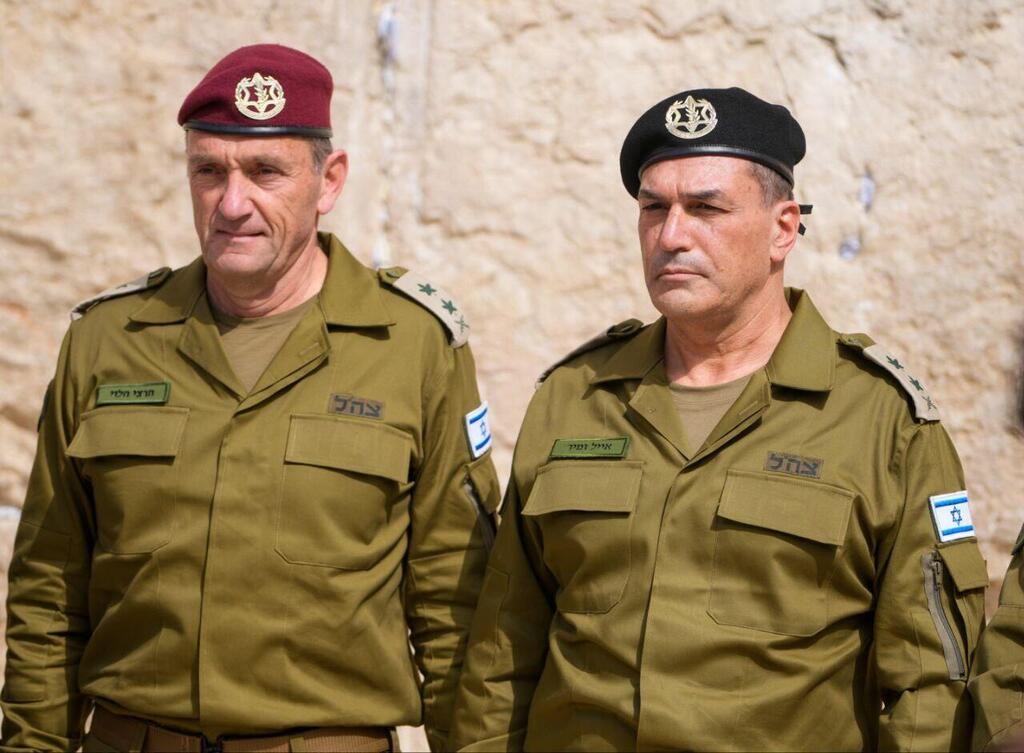

Following Halevi’s resignation Southern Command Chief Maj. Gen. Yaron Finkelman informed him that he too would step down.
“On Oct. 7 I failed in my duty to protect the western Negev and its beloved residents,” Finkelman wrote in a handwritten letter. “That failure is seared into me for life.”
He praised his soldiers’ “heroism and determination,” calling them “a generation of victory.”
Maj. Gen. Aharon Haliva, head of Military Intelligence, was the first senior official to resign over the failures of Oct. 7. He informed Halevi of his decision in April 2024, saying, “The Intelligence Directorate under my command did not fulfill its mission. That black day stays with me day and night.”
Haliva had publicly accepted responsibility within two weeks of the attack, declaring that “as head of Military Intelligence I bear full responsibility for the failure to provide warning of Hamas’s terrorist assault.”
6 View gallery
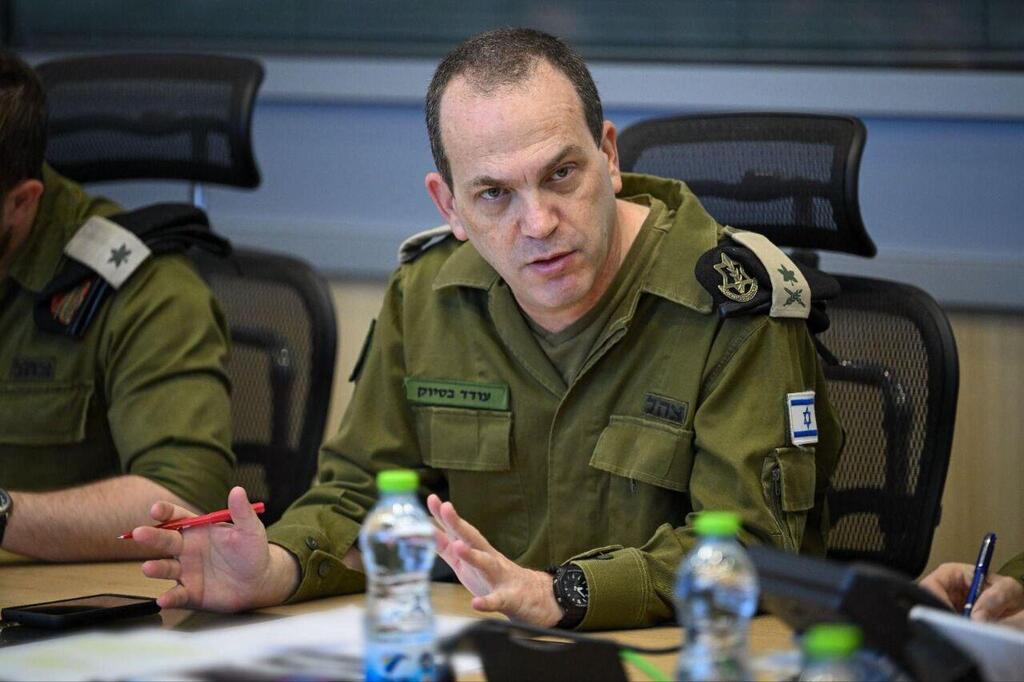
 In March 2025 Maj. Gen. Oded Basiuk, head of the IDF Operations Directorate and third in the IDF hierarchy, also announced his resignation. While an internal investigation did not find negligence in his department’s conduct on Oct. 7, Basiuk said he wished to “exercise personal accountability” as the officer overseeing the army’s operational forces.
In March 2025 Maj. Gen. Oded Basiuk, head of the IDF Operations Directorate and third in the IDF hierarchy, also announced his resignation. While an internal investigation did not find negligence in his department’s conduct on Oct. 7, Basiuk said he wished to “exercise personal accountability” as the officer overseeing the army’s operational forces.
Incoming Chief of Staff Lt. Gen. Eyal Zamir asked him to remain temporarily “in light of ongoing operational challenges.”
In June 2024 Brig. Gen. Avi Rosenfeld, commander of the Gaza Division, informed his superiors of his decision to retire from the army.
“On Oct. 7 I failed in my life’s mission to protect the communities along the Gaza border,” Rosenfeld wrote to local leaders. “For hours we could not defend the towns, the festival at Re’im or our soldiers against thousands of Hamas terrorists who invaded through dozens of breaches.”
He said he carried the pain of the losses with him “every day” and pledged to remain close to bereaved families and wounded soldiers.
Maj. Gen. Nimrod Aloni, head of the IDF’s Depth Corps and former commander of the Gaza Division, also retired last week. His farewell speech, attended by the chief of staff, was among the sharpest public critiques by a serving general.
“I am leaving an army where the concept of responsibility has been trampled and desecrated, an army that has lost the courage to place its failures on the table,” he said.
Aloni admitted that Israel had misread the intentions of its enemies in the years leading up to the attack.
“Two years ago we tried to contain our enemies to the south and north, believing that time would serve our economy and growth and that we could preserve the status quo. We were wrong, all of us,” he said.
He added, “Keep our oath: never again Nir Oz, never again the Nova massacre.”
6 View gallery
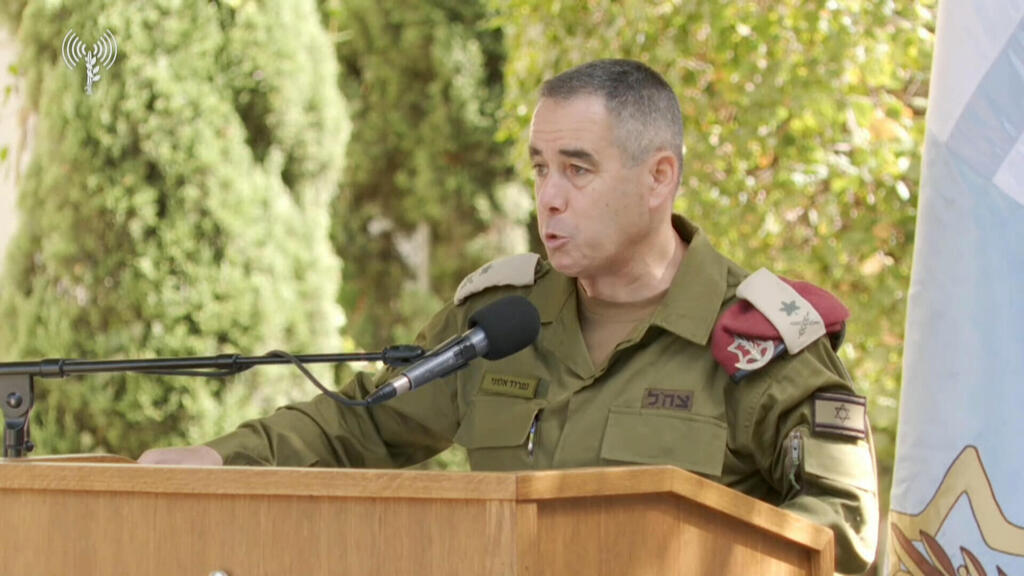

Aloni reflected on his personal failures, including “my inability to prevent the murder of the Fogel family, my decision to travel to Southern Command headquarters rather than fight in the Gaza border communities on Oct. 7 and the soldiers who fell under my command.”
Defense Minister Katz has said previously that “anyone who held a senior post on Oct. 7 will not be promoted.”
Maj. Gen. Ghassan Alian, the Coordinator of Government Activities in the Territories (COGAT), has also asked Chief of Staff Zamir not to extend his term again. Alian heads the Defense Ministry unit that oversees civilian and security coordination with the Palestinian Authority and the Gaza Strip.
Despite the wave of resignations and dismissals Prime Minister Netanyahu has refused to accept personal responsibility for the Oct. 7 failures. While he often takes public credit for Israel’s military and diplomatic successes he has said he faces “daily accountability before the public.”
In May, responding to a Ynet question about why he had not taken responsibility, Netanyahu said, “I submit the decision to the public every day. We are in a war — do you want elections now?”
On the eve of Sukkot he posted a message wishing Israelis a happy holiday without mentioning the anniversary of the massacre.
6 View gallery

 Tzachi Hanegbi, head of the National Security Council, has likewise remained in his position. The council, created after the 1973 Yom Kippur War to coordinate Israel’s national security policy, is tasked with developing counterterrorism strategy — the very coordination that failed in the lead-up to Oct. 7.
Tzachi Hanegbi, head of the National Security Council, has likewise remained in his position. The council, created after the 1973 Yom Kippur War to coordinate Israel’s national security policy, is tasked with developing counterterrorism strategy — the very coordination that failed in the lead-up to Oct. 7.
In their departures several officers have used their final statements to call for accountability and cultural change within Israel’s defense establishment.
Haliva, Halevi, Finkelman, Rosenfeld and Aloni each admitted personal failure and emphasized the need for internal and public inquiries. But while Israel’s military and intelligence ranks have seen turnover and self-criticism, political responsibility remains largely unclaimed.
Two years after Oct. 7, with 48 hostages still held in Gaza and the war dragging into its third year, the debate over who bears ultimate responsibility continues at the highest levels of Israel’s leadership.

